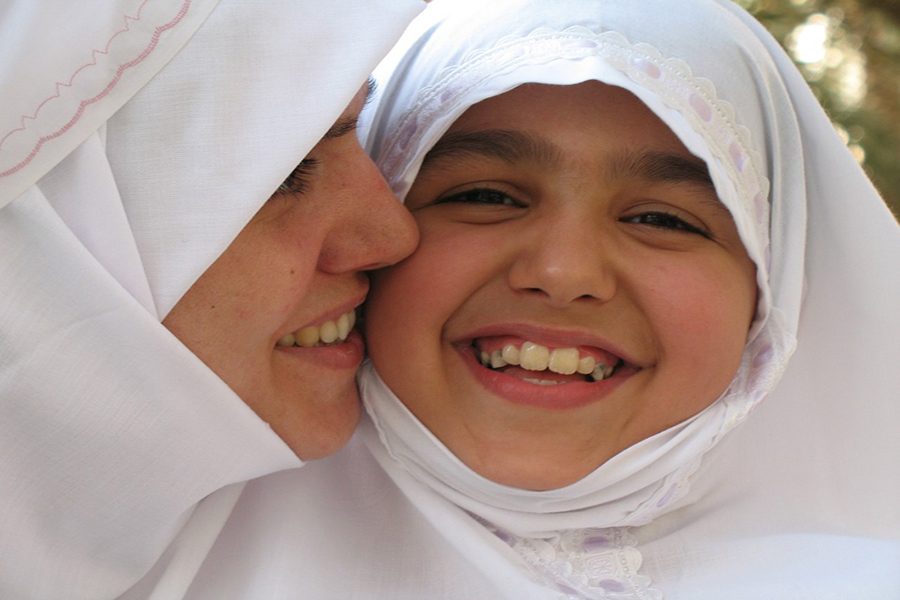World Hijab Day and why it matters
The hijab is one of the most common headdress worn by women in Islam
February 1, 2017
World Hijab Day is celebrated every February 1st, and it’s primary purpose is to spread awareness about the Muslim women who wear the hijab everyday as part of their religion. World Hijab Day invites people of all religions and backgrounds to wear the hijab for a day in order to step in the shoes of the women who choose to wear the headscarf, and convey why these women deserve respect just as much as non-hijabi* do. This event has brought people of all religions together, and with recent political decisions, it’s clear why events like these are still necessary.
The hijab is a headscarf worn by women in the Islamic religion, and for many years, hijabi have faced oppression because of the cloth they choose to wear. They’re either told that the hijab must be worn at all times, or the hijab oppresses them and shouldn’t be worn at all. In reality, the hijab is simply to be worn around men who are not family members, and is used as a symbol of modesty and respect past the physical aspects of women.
Recent political decisions have shown why this event is still important for Muslims – and non-Muslims – all around the world. Simply because of the cloth hijabi choose to wear, they can face being persecuted in the workplace, schools, and other public spaces, most especially notable, airports. The recent decision by President Trump to shut down the borders to multiple heavily populated Muslim countries has not helped to alleviate this persecution; in fact, many would say it’s gotten worse, especially with the increase in hate crimes towards Muslims, such as the recent shooting in a Quebec City mosque, which showed six dead and eight injured.
This hate cannot continue, so it is important for events like World Hijab Day to exist. What better way is there to understand a person’s humanity than by walking in their shoes for a day? Hopefully with occasions like these, people can learn to love one another for what they choose to believe and follow, rather than discriminate against them.
*Women who wear the hijab




